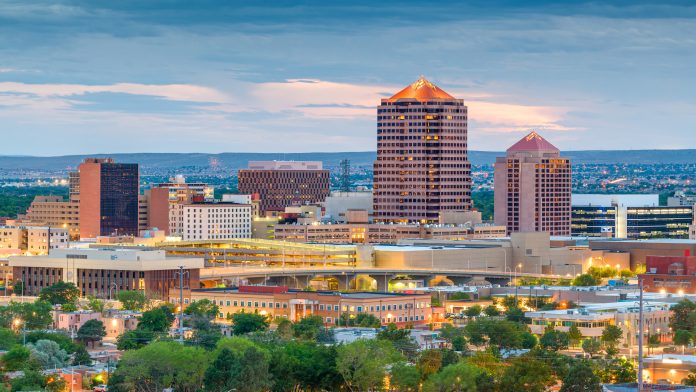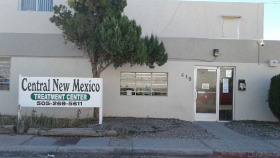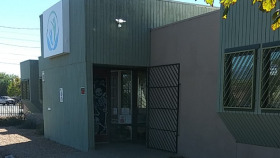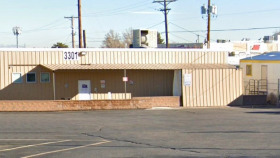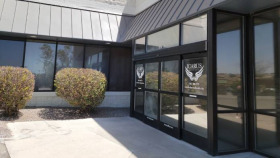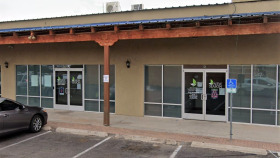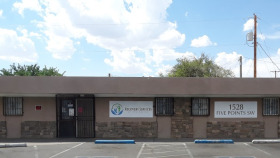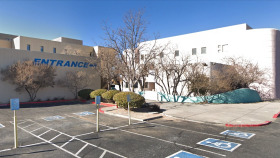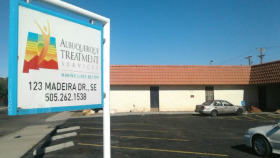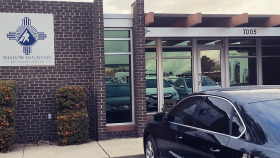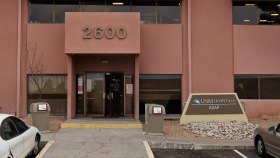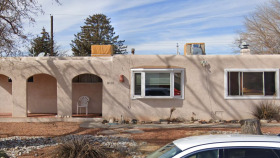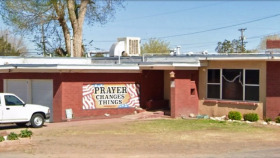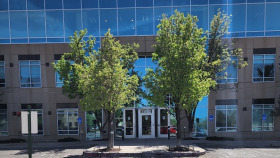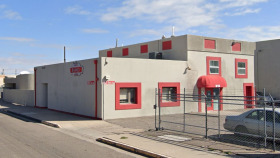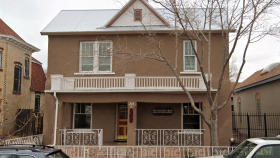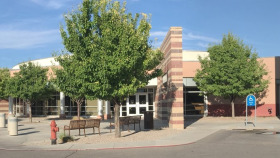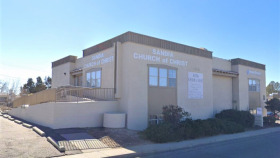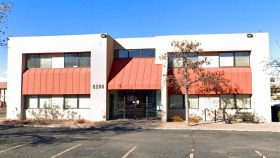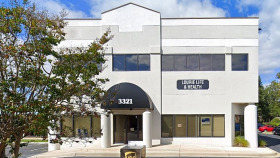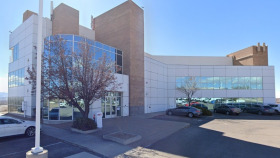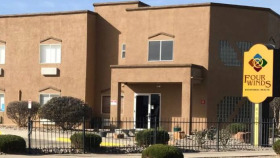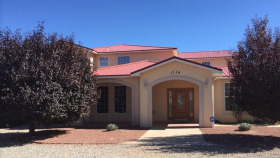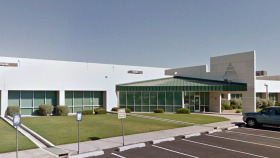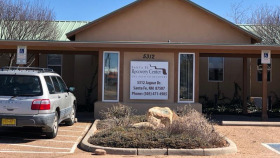Expert Insights
One principle that people often get confused about is harm reduction, mainly because there is no one single definition of or specific set of rules for implementing the strategies. From claims that harm reduction enables substance abusers to assumptions that harm reduction tools actually make addiction worse, it’s important to make sure people have accurate information to make informed decisions about these tools and efforts.
Harm reduction is a set of strategies and ideas meant to reduce the negative consequences of drug use. Born out of a movement that centers around the belief that people who use drugs have rights and deserve to be respected as human beings. It relies on a wide variety of tools and plans that attempt to create safer drug use, supervised drug use, total abstinence, and harm reduction is the poster child for “meeting people where they’re at.”
~ Rita Milios
How Expensive is Drug Rehab in Albuquerque?
Your treatment costs will vary depending on the type of services you need, the location of your facility, and if there are high-end amenities or accommodations. The amount of time a day you spend in a program and the types of therapies you engage in can also weigh heavily on the total cost.
Whether you’re using private health insurance coverage, plan to self-pay, or are looking for local resources, there are many programs available in Albuquerque.
According to SAMHSA, there are:
Does Insurance Cover Rehab Center Costs?
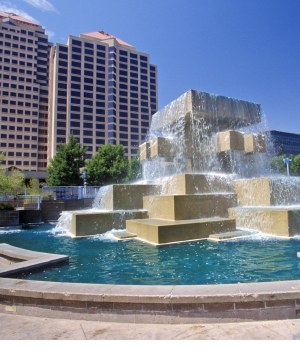 Yes, the Affordable Care Act (ACA) created new legislation under the Mental Health Parity and Addiction Equity Act that designates substance abuse treatment as behavioral health services and qualifies for payment from health insurance companies.
Yes, the Affordable Care Act (ACA) created new legislation under the Mental Health Parity and Addiction Equity Act that designates substance abuse treatment as behavioral health services and qualifies for payment from health insurance companies.
Private Insurance
Private insurance providers, such as Blue Cross and Cigna, will pay for medical and therapy costs related to substance abuse recovery. This includes detox medications, antidepressants, and any other addiction medication, as well as the cost of hospitalization, nursing care, and often transportation.
Medicaid
Medicaid is a state-funded insurance plan for people in lower-income brackets. You can qualify for Medicaid insurance by speaking with the Albuquerque Health and Social Services Agency; 27 rehab centers accept Medicaid in and around Albuquerque.
Medicare
Similar to Medicaid, Medicare offers healthcare services to individuals that qualify by disability and age rather than income. There are 14 Medicare-funded programs within 25 miles of the city center.
If you have health insurance coverage through either an employer, state and federal programs, or the ACA health insurance marketplace, then you should be eligible to have your addiction services covered, though the extent may vary between providers and plans.
Call the number on the back of your card to go over your plan details. You can also reach out and get help today at
800-681-1058
(Sponsored)
for help finding drug rehab centers in Albuquerque that accept your insurance.
How Does Albuquerque Compare in Alcohol and Drug Use?
New Mexico’s largest city, the Albuquerque Metro area is home to over 908,200 residents and is growing at a steady pace of 1 to 2 percent a year. However, addiction in the state is a serious problem.
New Mexico had the 15th-highest drug overdose death rate in the United States in 2018. In previous years, New Mexico has ranked as high as second in the nation.
If you or a loved one is looking for help, there are 55 accredited alcohol and drug rehab centers in Albuquerque.
New Mexico has a disproportionately high amount of issues related to drug and alcohol use compared to much of the country. The state held the 12th-highest rate of overdose deaths in the country in 2019.
Local and federal agencies such as the Centers for Disease Control keep track of the number of people that die from drug and alcohol-related overdoses each year. Here are some more statistics:
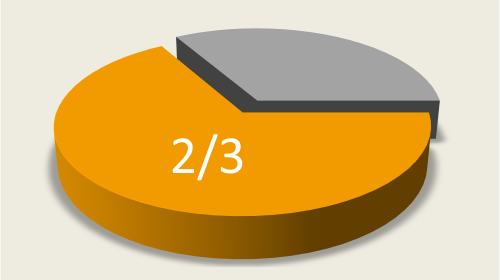
Two out of three overdoses in the state of New Mexico are related to opiates.
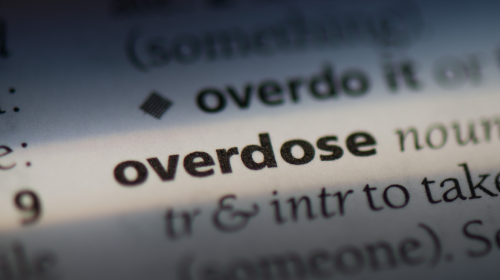
Overdoses from methamphetamine increased by 240% between 2015 and 2019.

New Mexico has the highest population of people under 13 who’ve consumed alcohol.
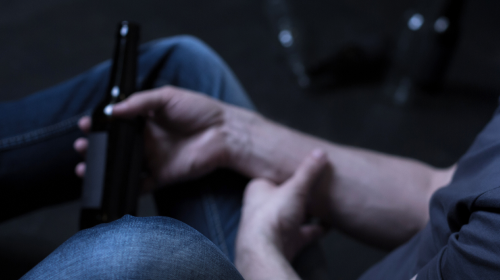
New Mexico has the highest rate of alcohol-related fatalities in the country.
Alcohol and Drug Laws in Albuquerque
New Mexico has laws and bills enacted to combat illicit drug use and help prevent overdoses:
New Mexico Good Samaritan Overdose Prevention Law: New Mexico became the first state to respond to the opioid epidemic by passing the Good Samaritan law in 2007.
This law protects people who witness an overdose and offers a degree of immunity to related charges if you report an overdose while you have illegal drugs. The law also applies if you are experiencing an overdose: you’re able to call 911 without being prosecuted for possession of the drugs you’re overdosing on.
New Mexico Harm Reduction Program: The Harm Reduction Program offers drug education and medication-assisted treatment (MAT) referrals, among other related services to those in need around New Mexico.
Albuquerque Jail Diversion Program: If you commit a non-violent crime in New Mexico while under the influence of drugs or alcohol, you may qualify for diversion services that offer you rehab treatment instead of jail time.
Federal Family and Medical Leave Act (FMLA): FMLA regulations apply to everyone, regardless of their locality within the United States.
Qualifying companies (with over 50 employees) are required to provide their staff with unpaid leave for up to 12 weeks if they are experiencing a medical need, including needing access to drug rehab in New Mexico.
Resources
- Substance Abuse and Mental Health Administration. (2022). Behavioral Health Services Treatment Locator.
- New Mexico Department of Health. (2021). Drug Overdose in NM Factsheet March 2021.
- Safer New Mexico Now. (2022). Underage Drinking (ZeroProof).
- New Mexico Department of Health. (2021). Alcohol Use in NM Spring 2021.
- National Institute on Drug Use. (2022). Substance Use and SUDs in LGBTQ* Populations.
- New Mexico Department of Health. (2022). Harm Reduction.

